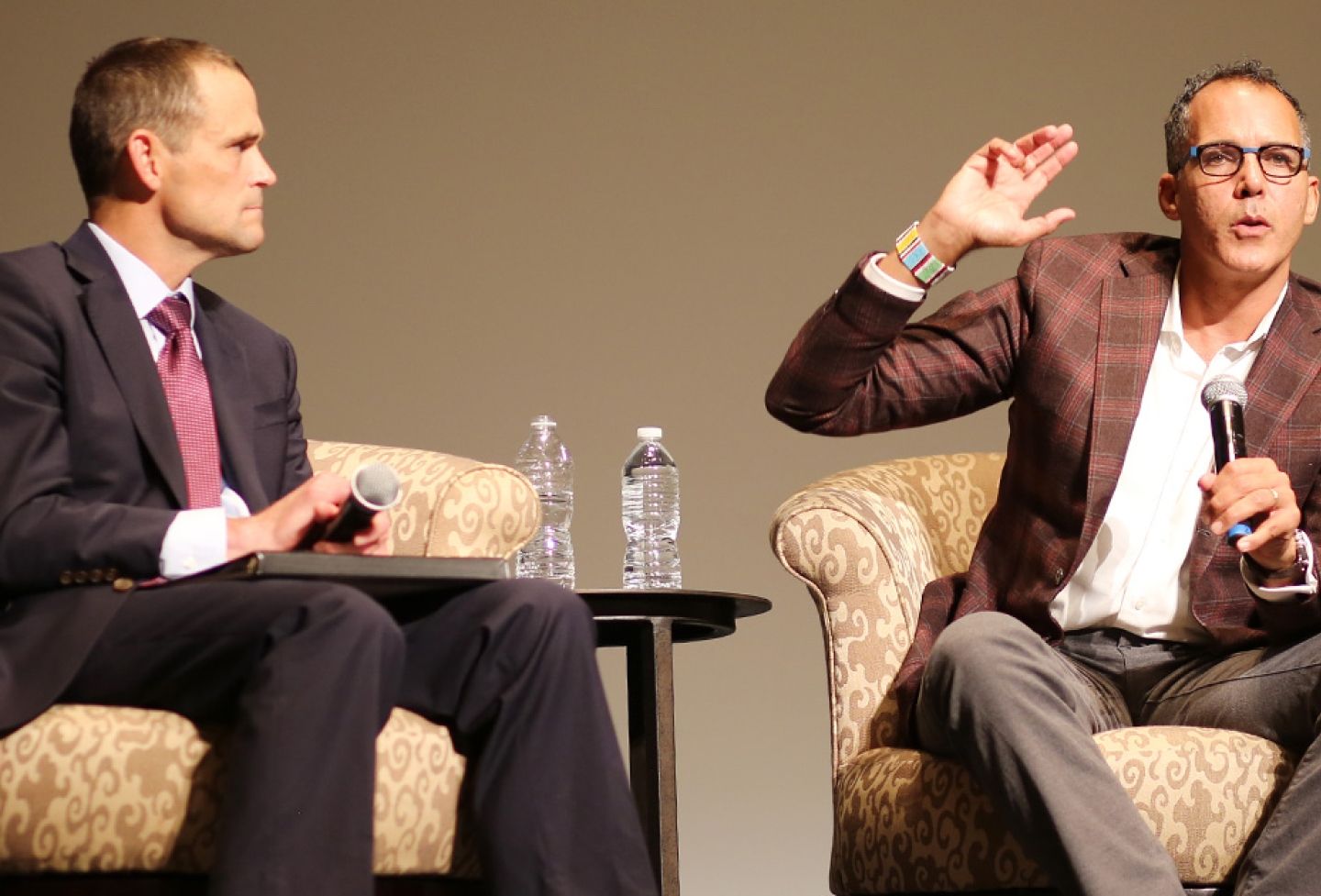It’s often said, “sunlight is the best disinfectant.” So often, in fact, that we’ve taken it to be a truism.
The statement isn’t wrong, but it isn’t always right. Sometimes sunshine is the best disinfectant. Other times it causes the infection to spread.
In 2010, Congresswoman Eleanor Holmes Norton called a lobbyist. She left a message stating that she was “handling the largest economic development project in the United States” and that the committee’s work is “in your sector.” Norton went on to say that the lobbyist had made contributions to other members of her committee, and she was “frankly surprised” that she had not received a contribution herself. Is that extortion? Maybe not, but it’s moving in that direction. How did Congresswoman Norton know that the lobbyist had supported her colleagues but not her? She likely found out through disclosure records, which are required by law when donations are made to politicians. The purpose of those records — the main reason law mandates disclosure of this kind — is to deter corruption, of course, not to promote it.
Here’s another example from a different setting. In 2016, fentanyl killed hundreds of drug users in Baltimore. Some of those people consumed fentanyl accidentally — they thought they were consuming lessharmful drugs. In response, the community introduced “Bad Batch Alert.” When overdoses spike in a particular neighborhood, people get a text message. The texts are supposed to discourage drug users from buying in that neighborhood. For some users the message probably works, but for others it has the opposite effect. For addicts seeking the strongest drugs, Bad Batch Alert tells them exactly where to look.
These examples reflect a broader theory of the relationship between information and exchange. Think about markets for things like tractors, toothpaste and legal advice. They feature buyers and sellers. Negotiation among those buyers and sellers gets easier as their information improves. They can find each other, they understand the product and its value, they know one another’s reputations, and so on. To generalize, information facilitates exchange. Now think about vote-buying, drug deals and prostitution. These crimes and many others involve exchange. Buyers and sellers in black markets need to bargain with each other just like buyers and sellers in legal markets. Information makes things easier. Transparency laws produce and disseminate information. That might help the public in some ways, but it also fuels black markets.
As law makes more information public, two things happen simultaneously. First, law enforcement gets better at monitoring and detection, and that deters crime. Second, black markets operate more efficiently, and that promotes crime. The trick is to find the right balance. In some settings, maximum transparency might be best. In other settings, we might want something less. The best transparency laws depend on context.
With due respect to Justice Louis Brandeis, the author of the famous quote about sunlight, we need to get past the bromide. More sunlight can make matters worse, not better.
Professor Michael D. Gilbert, who teaches courses on election law, legislation, and law and economics, has authored a new paper, “Transparency and Corruption: A General Analysis,” which is forthcoming in the University of Chicago Legal Forum.



